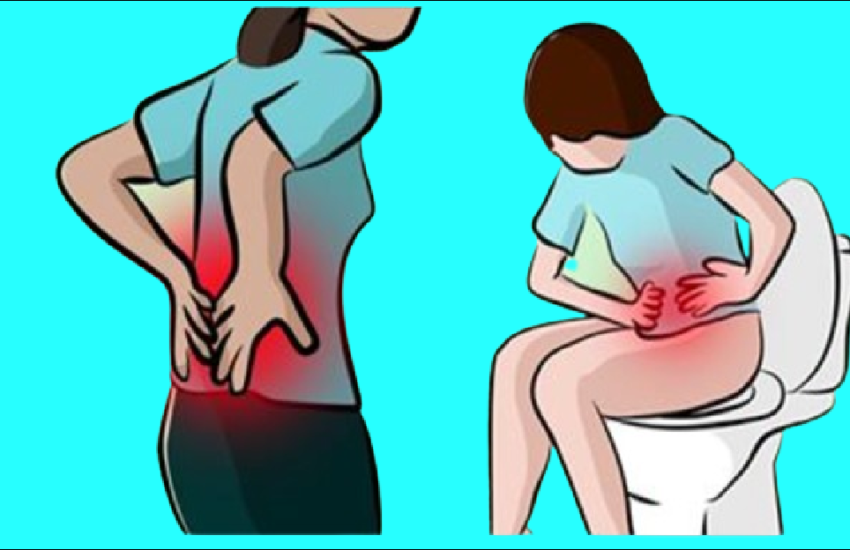10 signs of cancer that women should not ignore
Cancer awareness is vital regardless of age or health status, especially regarding gynecologic cancers, which affect tens of thousands of women annually in the United States alone. These cancers, including endometrial, ovarian, cervical and breast cancer, can appear malignant and affect women of all ages, making early detection essential for successful treatment.
Here are ten symptoms of gynecological cancer that every woman should be aware of:
Abnormal vaginal bleeding:
Irregular bleeding, bleeding after menopause, bleeding between periods, or during intercourse may indicate gynecological cancers such as cancer of the lining of the uterus, cervix, or vagina.
Unexplained weight loss:
Sudden weight loss of more than 10 pounds without lifestyle changes warrants medical attention, because it may be an indication of underlying health problems, including cancer.
Blood-colored vaginal discharge:
Although dark or foul-smelling vaginal discharge is often associated with infection, it may also indicate cancers of the reproductive system, warranting evaluation.
Constant fatigue:
Fatigue that disrupts daily activities despite adequate rest may be a symptom of various types of cancer, including gynecological diseases.
Loss of appetite or feeling full:
Changes in appetite or early satiety may indicate ovarian cancer or other non-reproductive cancer.
Pelvic or abdominal pain:
Persistent abdominal discomfort, bloating, cramps, or pressure can be signs of ovarian or endometrial cancer.
Changing bathroom habits:
Frequent urination, bladder pressure, or changes in bowel habits that are not related to changes in diet or lifestyle may warrant cancer screening.
Indigestion or persistent nausea:
Chronic indigestion or nausea, especially when not relieved by conventional treatments, should be evaluated for possible gynecologic cancers.
Changes in bowel habits:
Persistent changes in bowel movements or a sensation of external pressure on the colon may indicate gynecological or other advanced-stage cancers.
Breast changes:
Self-examination is crucial for breast health. Look for lumps, changes in breast shape or feel, skin changes, or nipple abnormalities that last for two weeks or more.
Although experiencing these symptoms does not automatically indicate cancer, timely medical evaluation is crucial for accurate diagnosis and appropriate management. Regular checkups and open communication with healthcare providers play pivotal roles in early cancer detection and improved outcomes. Be vigilant, prioritize self-care, and seek medical care immediately if any worrisome symptoms persist.


